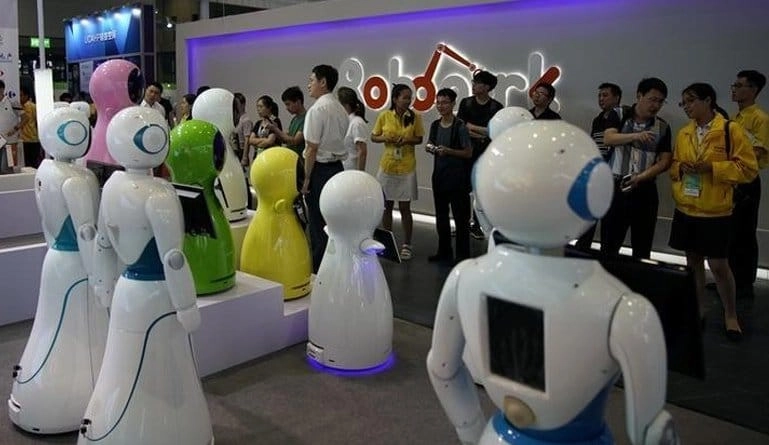China’s Beijing wants to build a 13.8 billion yuan (approximately $2.12 billion) research park for artificial intelligence in the city’s west, according to one news report. One of the future goals of the Chinese people is to become a world leader in AI by 2025.
According to the news agency, Xinhua, the campus will be ready in five years and is expected to be located in the suburban Mentougou district in western Beijing. The area will cover around 54.87 hectares.
The AI research park will include around 400 enterprises and will produce an annual output of 50 billion yuan in Beijing’s Mentougou district, per Xinhua’s report.
The developer of this project, Zhongguancun Development Group, plans to connect with foreign universities and build a “national-level” AI lab in the area.
The executive chairman of Google’s parent company, Alphabet, Eric Schmidt, already announced in November that China is certain it will outdo the U.S. in the field of AI if the U.S. government does not get into action.
The former Google CEO also mentioned during his talk at the Artificial Intelligence and Global Security Summit, “Trust me, these Chinese people are good. They are going to use this technology for both commercial as well as military objectives with all sorts of implications.”
“It’s pretty simple,” Schmidt said. “By 2020 they will have caught up. By 2025 they will be better than us. And by 2030 they will dominate the industries of AI. Just stop for a sec. The government said that.”
As compared to the U.S., we have Google, Facebook, Microsoft, IBM, OpenAI and others, but in terms of China they have tech giants passionately chasing AI research. Some of include Alibaba, Baidu, and Tencent, to name a few.
China wanted to achieve AI development as soon as possible, but it will increase strains between Beijing and the United States over the competitive applications of AI in military technology.
“I don’t think they’ll (China) be number one, because I think there’s still a level of genius and creativity in Silicon Valley that persists and will always persist,” venture capitalist Jim Breyer of Breyer Capital mentioned to a CNBC-hosted panel in November.





